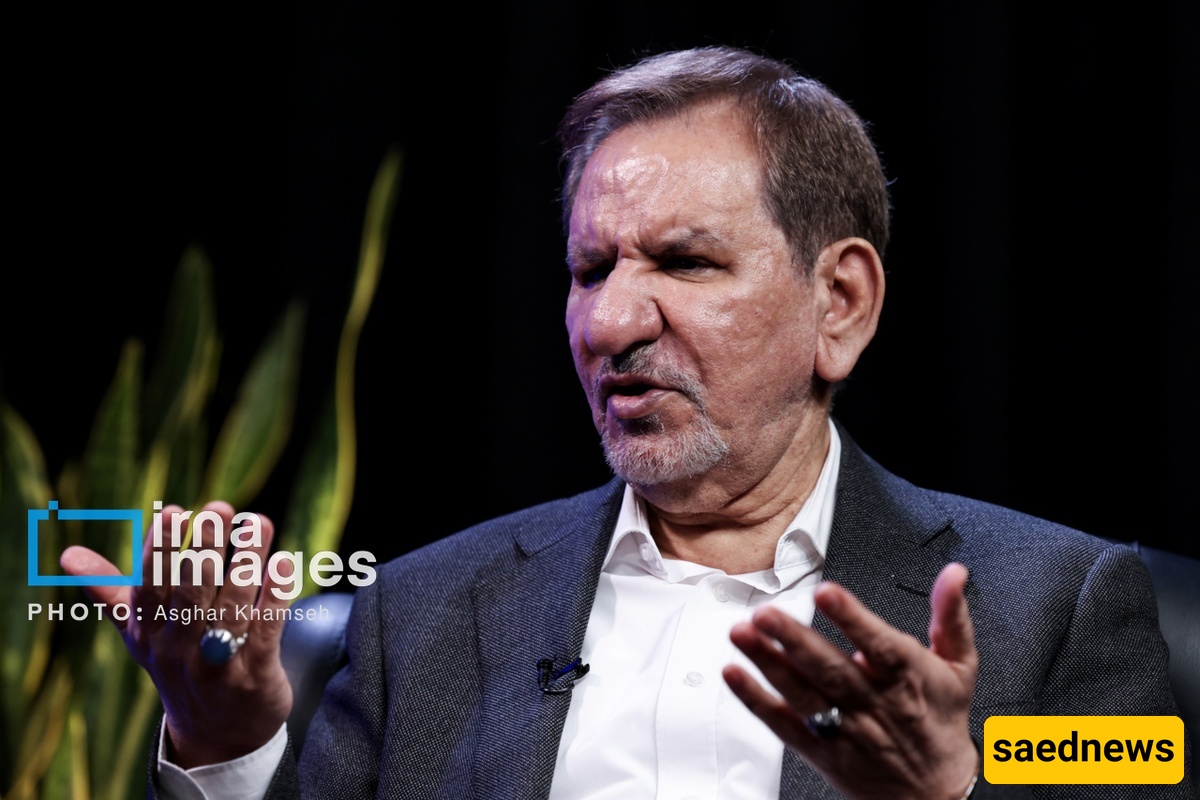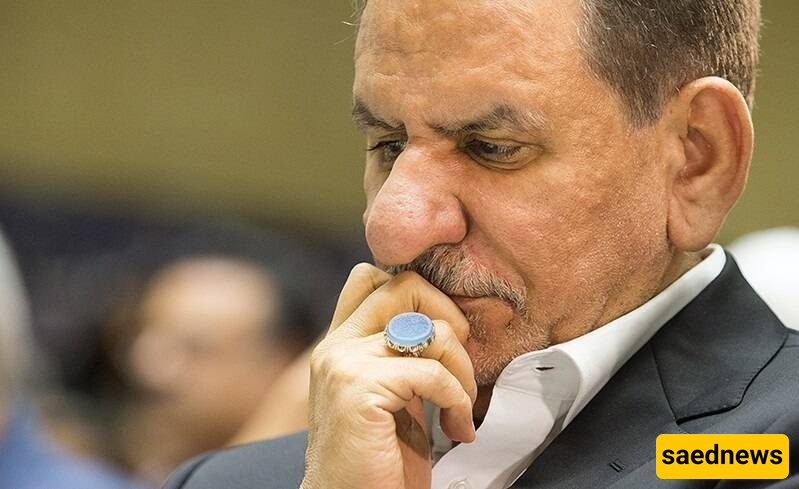SAEDNEWS: Former Iranian Vice President Eshaq Jahangiri condemned the U.S. strike on Iran’s nuclear facilities as a grave historical error, warning that Washington has entered a direct war it cannot win. “Victory in this conflict,” he said, “will be decided on both the battlefield and in diplomacy.”

According to Saed News, In an exclusive televised interview with IRNA, former Iranian First Vice President Eshaq Jahangiri described the U.S. airstrikes on Iran’s nuclear facilities as a "historic mistake," stressing that neither concrete bunkers nor sanctions can extinguish the nuclear knowledge stored in the minds of Iran’s scientists.

Jahangiri said that Sunday marked one of the darkest days in the history of international law and post-World War diplomacy. “After 60 years of efforts to uphold global security through charters and treaties, the unilateral military assault by the U.S. and Israel shows that none of these agreements carry any weight in Washington.”
He emphasized that while Iran remains a signatory to the Non-Proliferation Treaty (NPT), it was attacked by two nuclear-armed nations—one of which, Israel, has refused to join the NPT. “This is not a war initiated by Israel,” he said. “This is a coordinated assault by the U.S., stepping in to complete a mission Tel Aviv could not finish alone.”
Jahangiri urged Iranian officials to anticipate every scenario devised by Tel Aviv and Washington, arguing that Iran must formulate proportionate and pre-planned responses. “Israel expected limited retaliations. Instead, it now faces widespread internal instability and a public unable to bear the consequences.”
He claimed that the West had severely miscalculated Iran’s internal cohesion. “They bet on chaos. But what they saw was unity. From ordinary citizens to long-time critics—even dissidents abroad—Iranians rallied in defense of the homeland,” he said.
Citing the national unity seen in 2003, which he claimed deterred U.S. invasion plans at the time, Jahangiri called for replicating that internal solidarity today. “If America feared our cohesion then, it should fear it even more now.”
Turning to the nuclear issue, he dismissed the significance of physical damage to Iranian nuclear sites. “They can bomb buildings, but they cannot erase the expertise embedded in our youth. Nuclear knowledge is not stored in concrete—it lives in our scientists.”
Finally, Jahangiri urged the Iranian government to bolster economic resilience, particularly among the vulnerable. “Amid these trials, we must show the people that their lives and livelihoods matter,” he said, adding that recent emergency measures have shown encouraging signs of responsiveness.
As tensions escalate in the Middle East, Jahangiri concluded that the future of this conflict will be shaped not just by missiles or negotiations alone—but by a combination of strength, unity, and diplomacy. “Victory,” he declared, “belongs to those who can endure the longest and remain the most united.”

